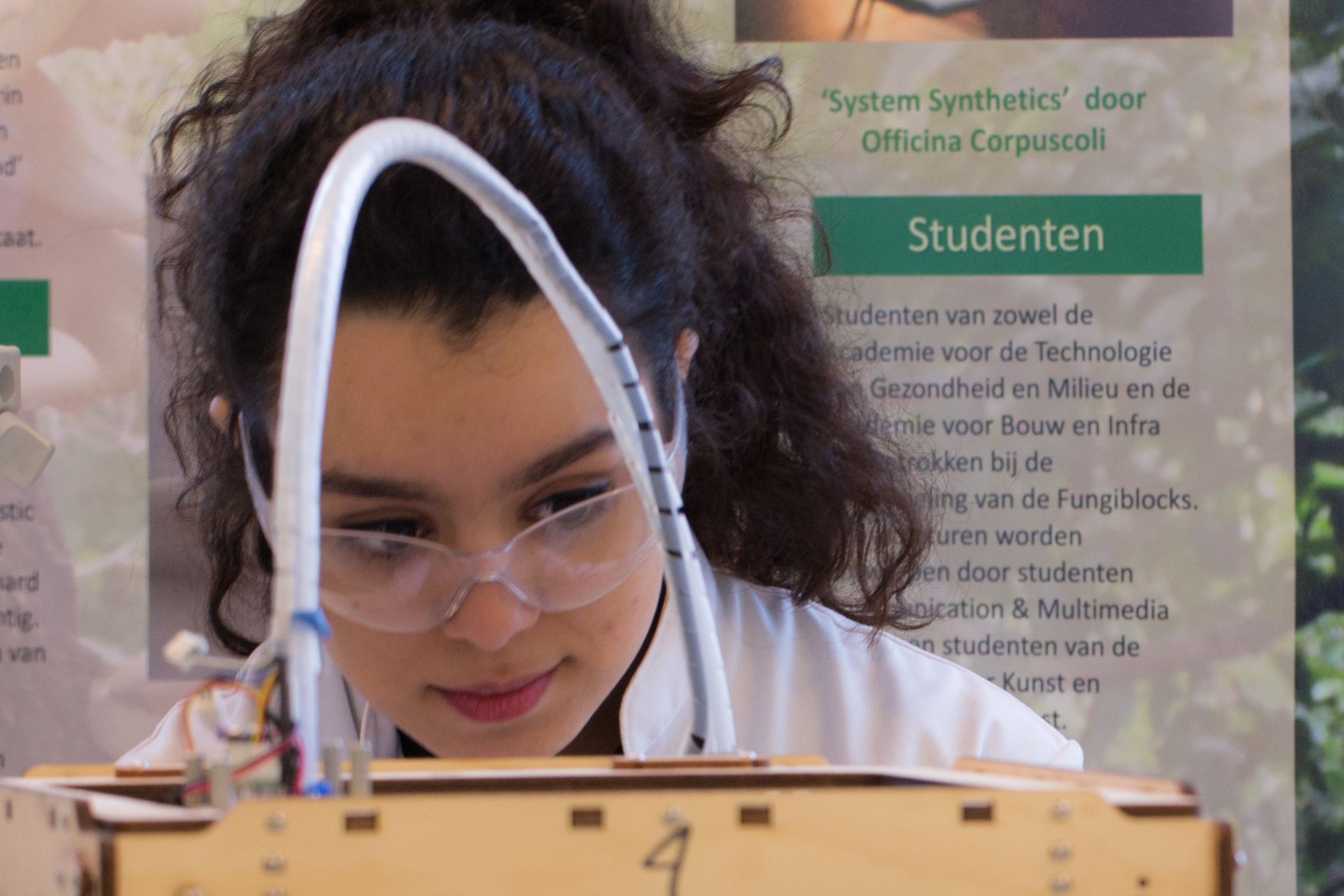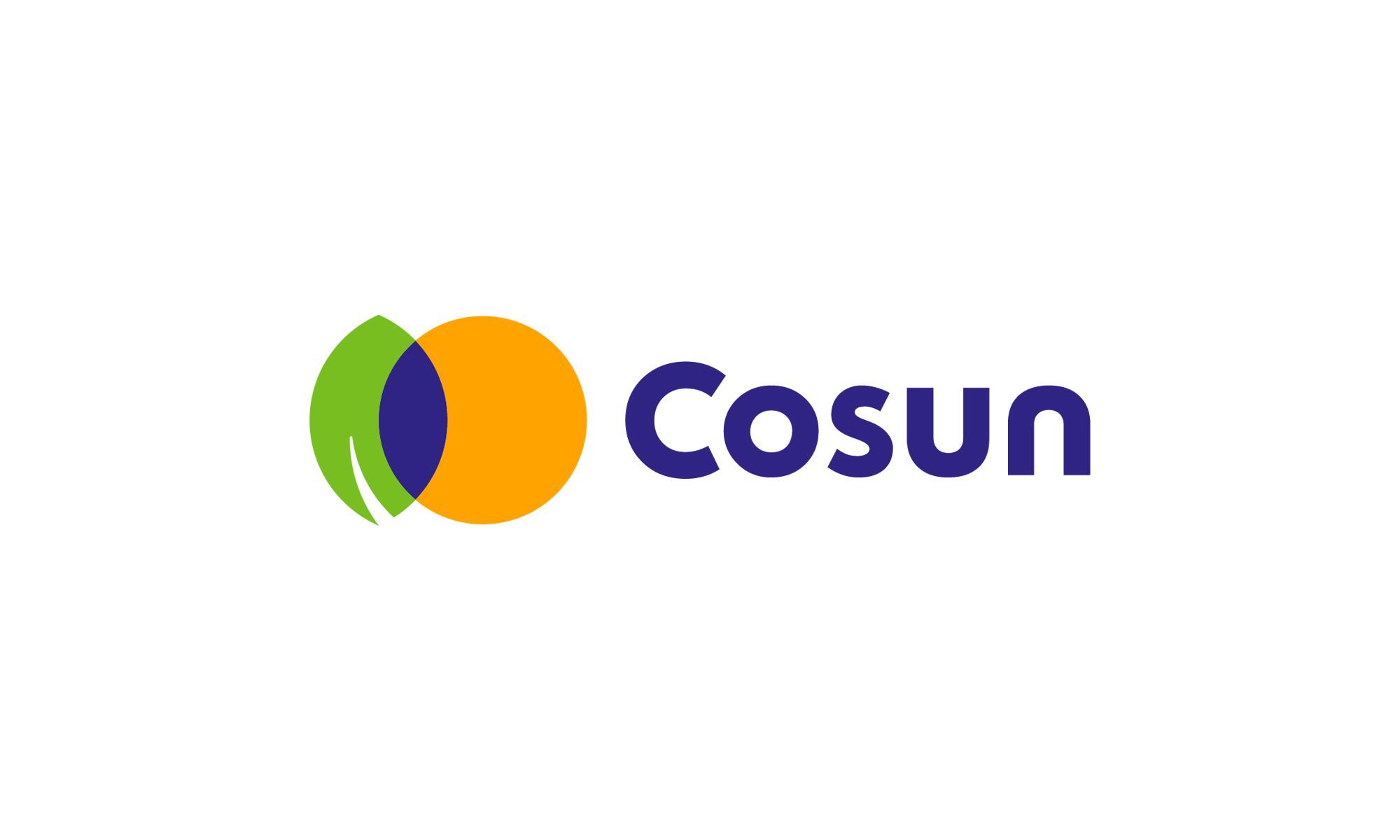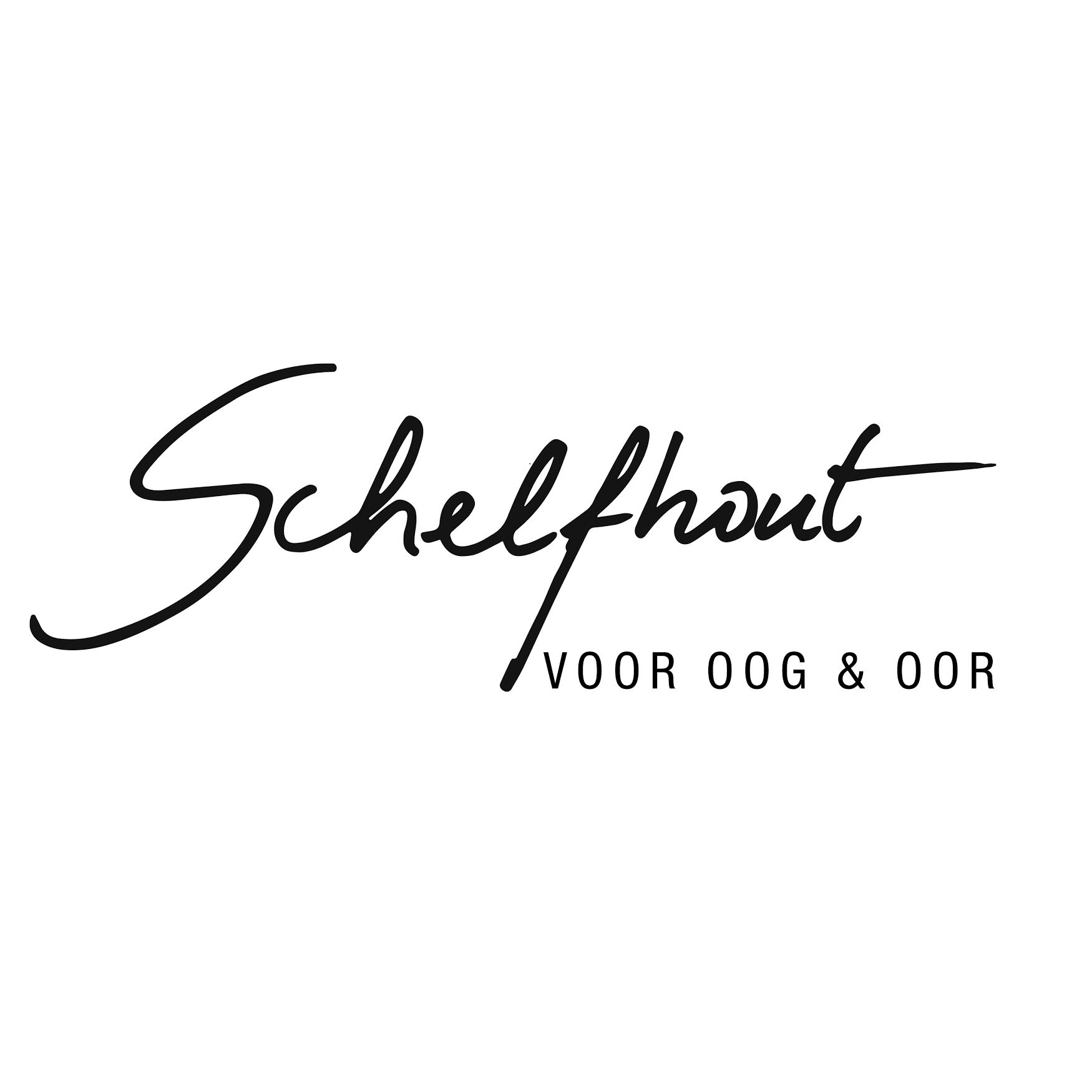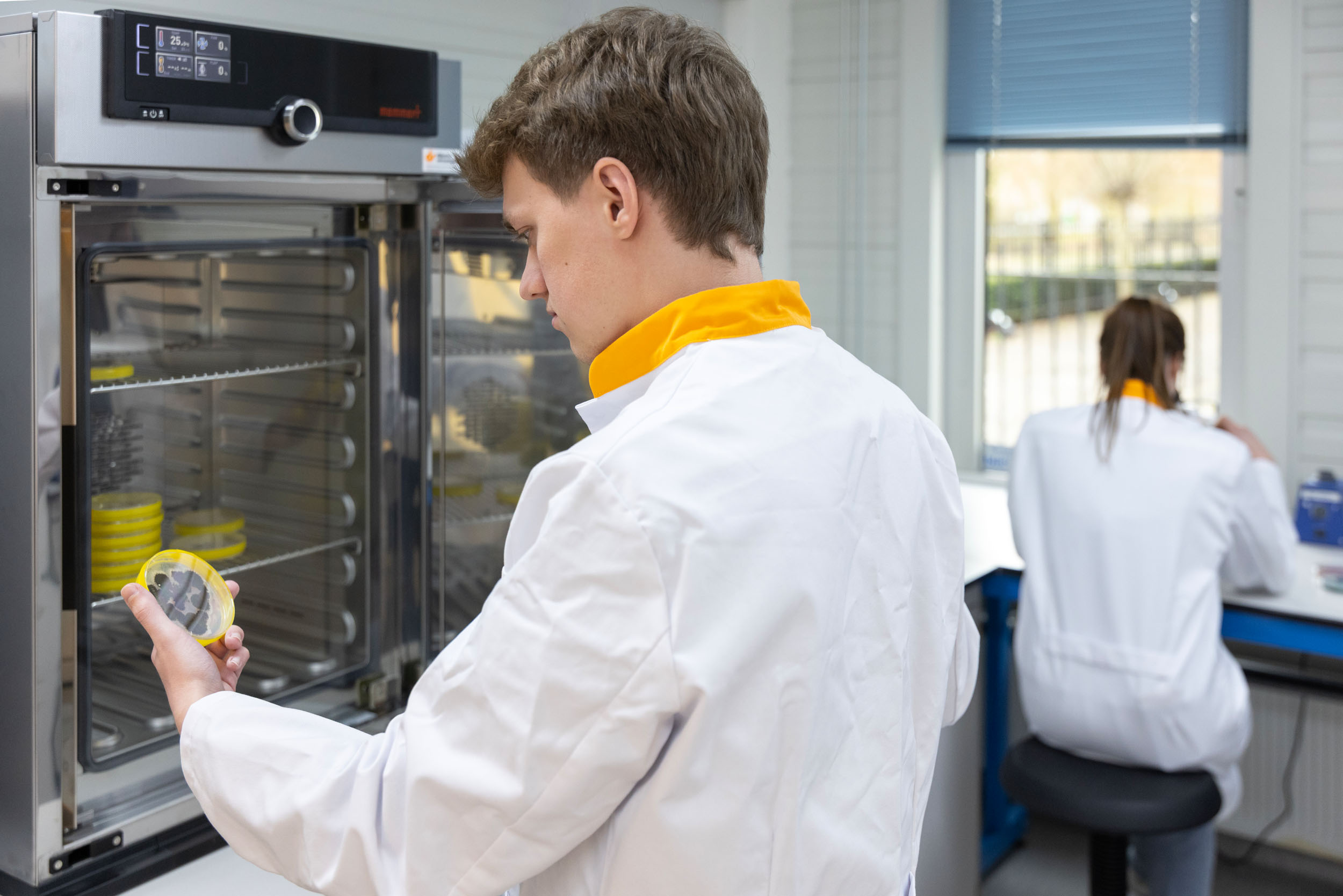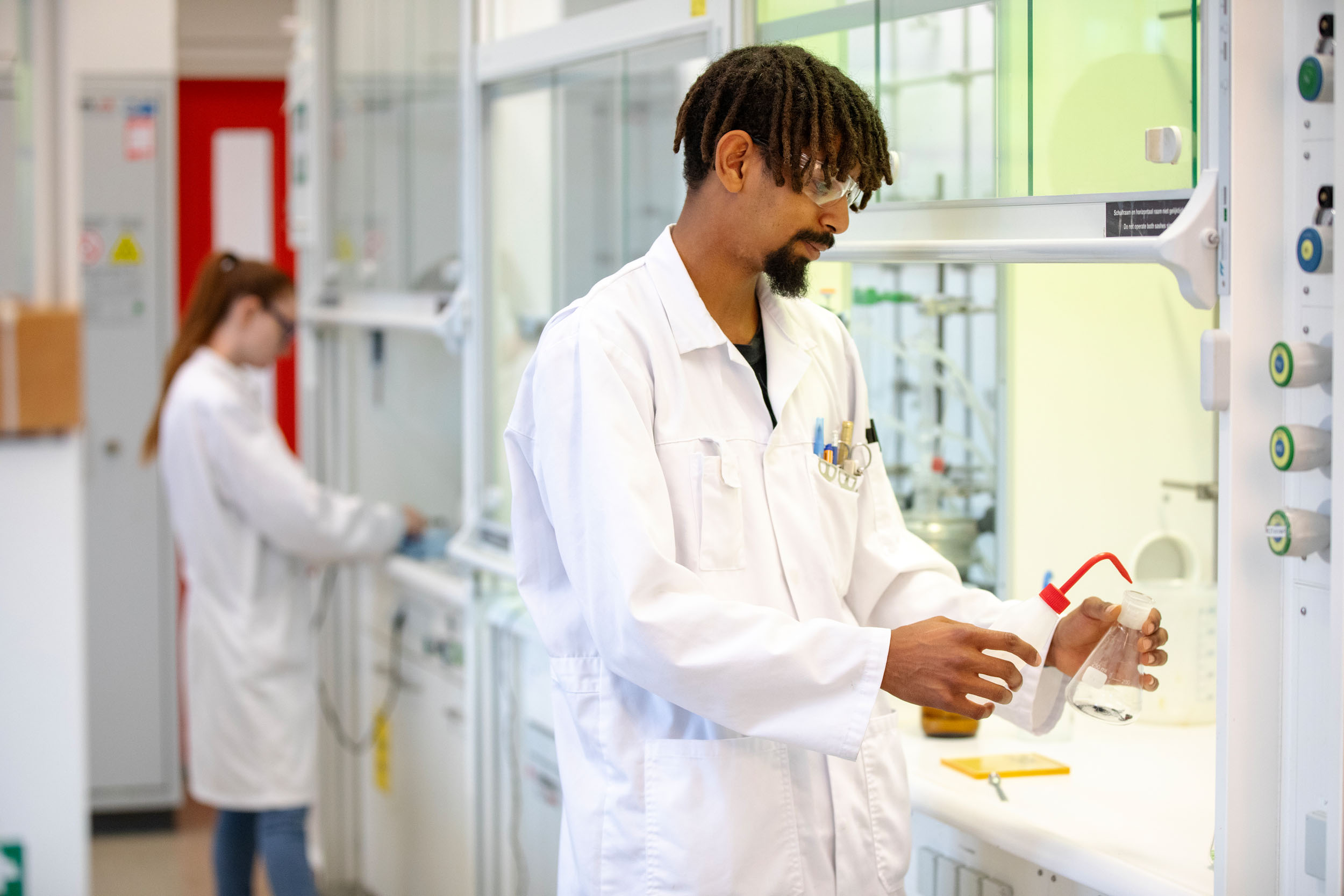The project is investigated in phases:
1) The feasibility for application in FDM 3D printing of a new biobased fiber-reinforced thermoplastic made from fibers from residual flows from the agricultural industry (sugar beet cellulose microfibres) and an innovative biodegradable compound (PHBV).
2) Material comparisons made between virgin, recycled and the innovative biobased fiber-reinforced thermoplastic through application in FDM 3D-printed (construction) products. Product requirements are converted into material requirements and by means of tests the processability, mechanical, thermal and chemical properties are compared with each other, as well as a carbon footprint is made.
This project is supported by TKI BBE

April 2019 until May 2020




